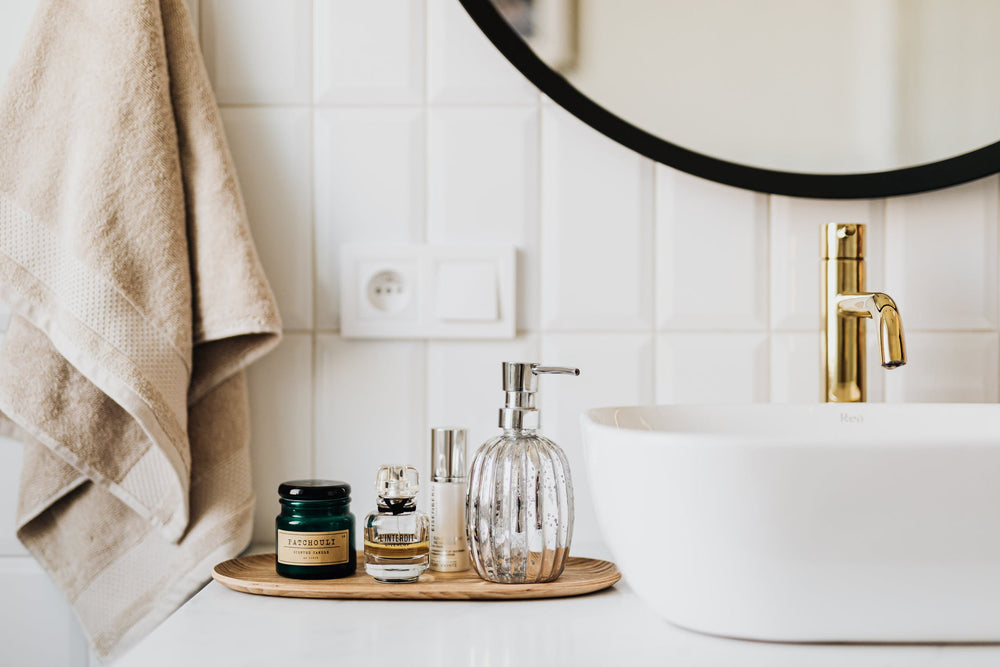
A good face care routine will not be complete without a face wash working well for your skin type. When acne interferes, finding a perfect cleanser becomes even more complicated. Some face washes make the face skin too dry, flaky, and tight. The others, richer in texture, can instigate further acne breakouts. As skipping washing the face is out of the question, what options are available?
Why Is Using a Face Wash for Acne Advisable?
Certified dermatologists say that facial cleansers prepare the skin for a subsequent application of acne-fighting agents, making its surface free from impurities and easier penetrable. If dirt, makeup, and excess oil aren’t removed, they result in clogged pores and, eventually, breakouts.

How Often Should An Acne-Prone Face Be Washed?
Cleansing your face twice a day—morning and night—is enough. If washed more often, the face skin would try to compensate for stripping it of its natural oils by overproducing them. It would make acne breakouts even worse. Dermatologic surgeons say that overwashing won’t make acne disappear faster. So, don’t punish your skin this way for having acne. With dry skin, you can even skip the morning washing because over-drying the face can instigate inflammation.

Wet your face with room-temperature water, apply a cleanser to the center of one palm and work it with both palms into a foamy lather. Use your fingertips to do gentle pats for about 30 seconds before washing off. Dermatologists disadvise scrubbing the face or rubbing it dry with a towel—only blotting with a soft, clean cloth or paper.

What Is The Right Face Wash If You Have Acne?
Estheticians explain that ingredients are key for acne-prone skin. Such skin benefits from gentle, moisturizing cleansers that don’t deprive it of its natural lipid barriers and don’t dry it out too much. Salicylic and glycolic acids, as well as benzoyl peroxide, are the widest spread anti-acne agents.
Contained in anti-acne washes, benzoyl peroxide reduces the concentration of bacteria that cause acne and can be easily applied not only to the face but also to the chest and back. Acne specialists warn that harsh soaps, exfoliants, and abrasive scrubs must be excluded from the face care products used as injuring the skin and potentially leading to irritation and new breakouts.
Derived from the bark of willow trees and sweet birches as well as wintergreen, salicylic acid inhibits inflammation, the primary cause of acne, and gently removes dead cells from the skin. It also dissolves pore-clogging impurities.
Studies have shown that glycolic acid not only acts as a mild pore-clearing exfoliant but also stimulates the production of collagen and elastin. If used regularly, it helps restore damaged skin and reduces signs of environmental damage.
Skincare experts recommend choosing non-comedogenic, foaming cleansers since keeping the pores of an acne-prone skin clear is essential. Avoid super-rich formulations and occlusive agents that create a breeding ground for the formation of pimples.
What Are The Best Face Washes for A Skin Prone To Acne?
Consider the top product recommendations from leading dermatology experts when looking for efficient cleansers to wash acne-prone skin. We also got you covered with other products you may need to build the best acne skincare routine.














